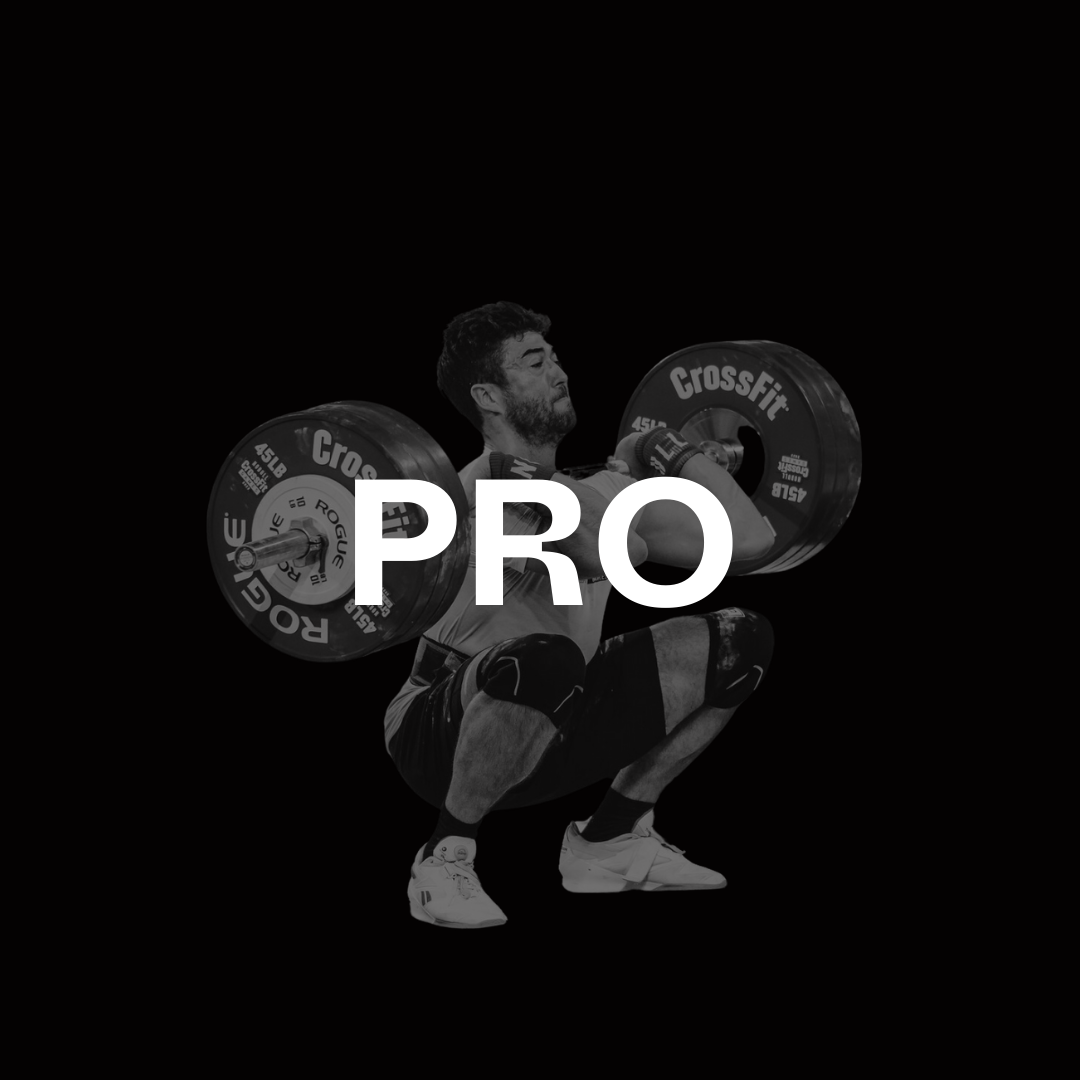“Look at trends, not outliers.” The nutrition trend in the professional athletic community is pretty clear. Athletes are eating cleaner and with more precision than ever before. They are eating more REAL food. More lean conventional meats or hearty grass-fed meats. More healthy fats and vegetables. They are eating quality carbohydrates and at optimal times. Supplementation has become clearer, and more athletes are using fish oil, high quality whey, and vitamin D3.
Then there are the outliers. The ones that are labeled “freaks” because they seem to eat whatever they want, stay super lean, recover quickly, and perform just as good as ever. One of two things is happening in these instances. The first is that the athlete truly does have a “crap” diet. They may be super lean and thus have a super high metabolism. They may have an extremely low resting heart rate and life stressors, leading to a better hormonal environment as well as better body composition. Even in these cases, I would argue that the athlete is not performing OPTIMALLY. The absolute best athletes control every single factor they can. The second possibility is that the athlete’s diet is not as it seems. Take an Instagram account for instance. Pictures of donuts, beer, ice cream, cheeseburgers, etc. are fun, funny, and maybe “bad ass.” Does that mean that this is what his/her diet consists of? Not necessarily.
There is so much good, free information on the Internet regarding nutrition. I know a ton of people that jump from diet to diet, fretting about the faults of each one. The key is to pick from the stack of great diets and stick to one for a while. It will help you become more disciplined and give you some usable data about how that diet works for you.
The truth is, following a strict diet takes a lot of willpower. Willpower is a FINITE resource within our brain. There are a few ways you can make following a diet easier for yourself:
- Make sure the people you spend the most time with know about your diet and support it. The people in our social circles have THE BIGGEST impact on plenty of our life decisions, including our diets. Oh, they constantly make fun of you? Set boundaries. If they don’t respect them, maybe find some new friends that support your goals or just don’t eat around those people.
- Plan and pre-prepare your food. One of the hardest moments for anyone on a diet is to be very hungry with no healthy food in sight. So plan for that situation by preparing you food far in advance, going as far as to write down what you are going to eat that day. It may not be fun, but it works.
- Don’t be so “black and white” with your thinking. One slip up, whether planned or not, is no grounds for termination of the diet. Allow yourself planned cheat meals to prevent becoming overwhelmed by the constraining nature of a strict diet.
Again, just because one athlete “eats whatever he wants” doesn’t mean you can or should. Follow the trends, not the outliers.

